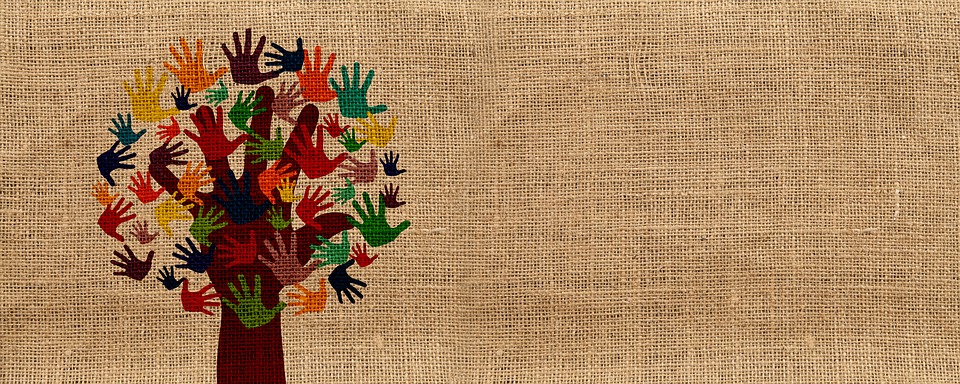Who is my neighbor? It is our culture’s most fundamental question.
Those on border, in detention centers and washed up dead on the banks of the Rio Grande: Are they our neighbors? Yes? No? If not, why not? If yes, then why do we tolerate their mistreatment? How do we love them as God would have us love them? The God, by the way, who’s quite wrathful about such things.
Those in the womb, the unborn, “fetuses,” if you insist: Are they our neighbors? Yes? No? If not, what’s your dehumanizing rationale? How do you not also dehumanize others? How did Vincent Lambert die? If the unborn are our neighbors, then why not fight for their lives too? Why not see abortion for the horror that it is?
I could go on. The poor, your co-workers, your in-laws: how we treat them or mistreat them depends on how we’re either honest or dishonest about the question of neighborliness. Before we refuse to act or before we commit any sort of violence, we must always somehow subtly deny or degrade the question “Who is my neighbor?” It’s our common intellectual sin, and it’s what always precedes the evil we practice or at least tolerate.
Spare me the clever denials of both the left and the right, tailored, as they so often are, to ideologies and pet issues. My suspicion is that God sees through all of it, and that when it comes time—that is, when he finally speaks—we’ll not be so clever anymore, both liberals and conservatives. Rather, we’ll only be silent before the judgement of God.
Who is my neighbor? Think about it, like your soul depends on it.










